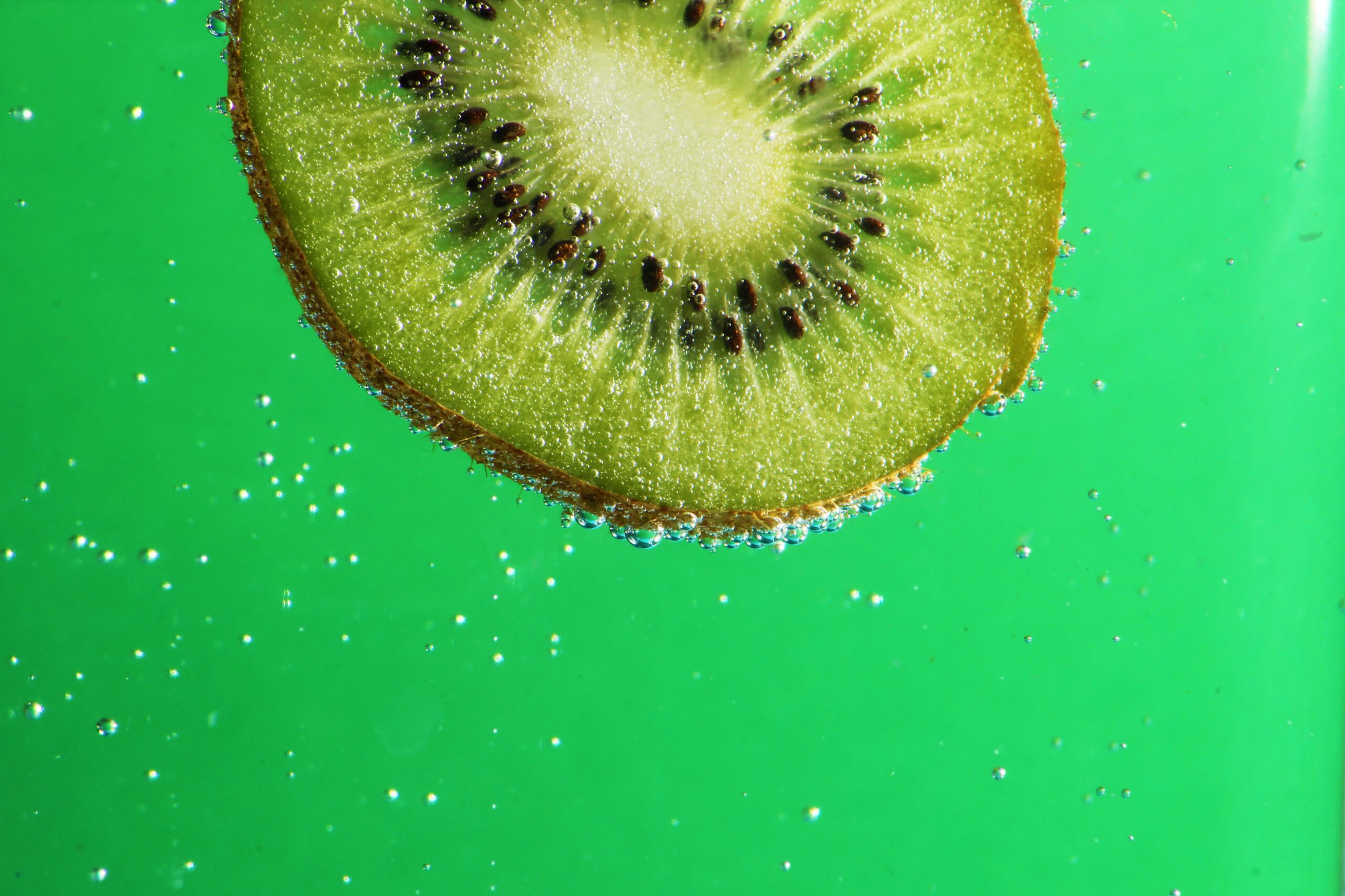8 Risky Habits For Hormonal Hair Loss
A lot of the women who have taken my quiz to learn their hair loss type are finding that they’re the “hormonal” hair loss type. What habits are helpful (or hurtful) for this type?

Androgens are sometimes called ‘masculinizing hormones’ and they include testosterone, androstenedione, dihydrotestosterone (DHT), dehydroepiandrosterone (DHEA), and DHEA sulfate (DHEA-S). Despite being considered masculinizing, women need these hormones too, but only in small amounts. It’s when these hormones become chronically high that women may start to notice issues such as irregular periods, acne, unusual hair growth (hirsutism), and even hair loss.
The way that androgenic hormones can lead to hair loss is because of their ability to shut down hair growth. Androgenic hormones, like DHT, can bind to the hormone receptor on our hair follicle. When this happens out follicle’s growth phase is shortened and the rest phase gets extended. Less growing and more resting results in thin, sparse looking hair.
Because we know that androgens like DHT can interrupt the hair growth process leading to thin, sparse hair, it makes sense to assess serum levels of androgens and investigate whether they are elevated. But, if you’ve had your androgenic hormone levels tested and they are abnormally high (maybe you’ve even been diagnosed with polycystic ovarian syndrome, PCOS) can we say that this is the root-cause of our hair loss?
Answer: No.
Simply knowing that our hormones are imbalanced and are contributing to hair loss is not the root of the issue. To help clients understand this, I like to say that hormone imbalances are the “WHAT” of hair loss. But next we need to find the “WHY” of hair loss, and that’s the real root-cause of our symptoms.

Even though everyone is going to be different, and I can’t tell you what your individual root-causes are in a blog post, there are certain elements that commonly lead to hormone imbalance and high levels of androgens. Ask yourself how many of these bullet points you can identify with and where you’d like to improve. It’s likely that you’ll find at least one where you can make changes and have a positive impact on your hormonal hair loss.
Here’s a list of things to try to STOP doing if you have high androgens:
- Sleeping less than 8 hours
-
Letting stress run rampant, unchecked
-
Hitting the gym too frequently or too hard
-
Eating too many highly-processed carbohydrates
-
Cutting out healthy fats
-
Exposing your body to high levels of toxins
-
Binge drinking
All of these habits could be pushing our bodies to produce more hair-growth-sabotaging androgens like DHT. If you’re experiencing hormonal hair loss, it might be time to realign your habits to be more balanced.
Ready to work with a healthy hair expert? Schedule our first call here.
References
https://www.ncbi.nlm.nih.gov/pubmed/22178787
https://www.ncbi.nlm.nih.gov/pubmed/15689240
https://www.ncbi.nlm.nih.gov/pubmed/18516218



